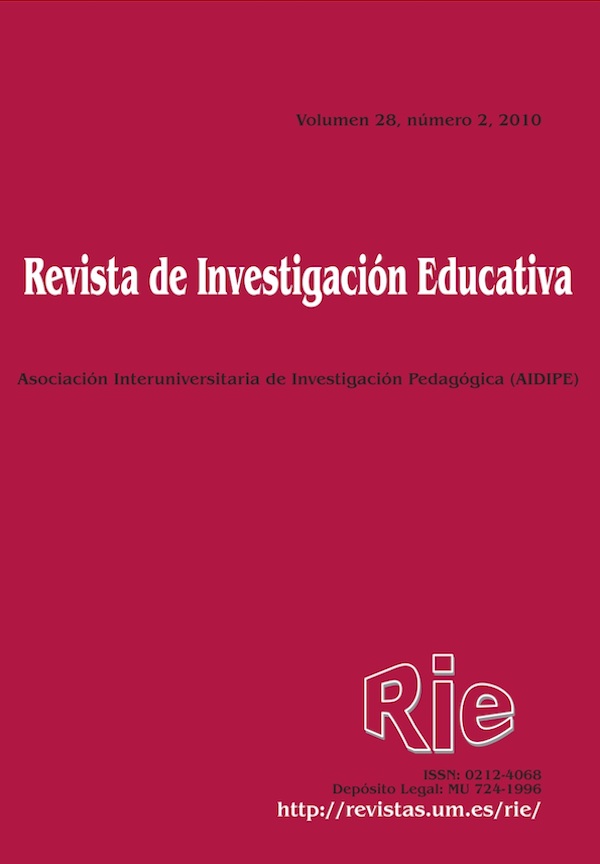Experimental comparison between three modalities of computer-assisted teaching
Abstract
The objective of this experiment is to compare three teaching situations where the communication is mediated by computers. The following models are tested: expositive (according to Ausubel’s view), participative-guided (in the Vygotsky’s constructivism tradition) and collaborative (in the way of Piaget’s constructivism). Experimental design includes pre-test and post-test for independent samples. Teaching units are groups of 3 or 4 learners, all students of psychology. The teaching subject is the right solution of three logical problems. Data analysis take into account of the right responses in the individual post-test and their logical foundation. Results are analyzed on the base of the distinction between axiomatic logic and psychological logic. Finally, there are some references to data of the individual questionnaire about the experimental session.Downloads
-
Abstract750
-
PDF (Español (España))460
The articles and scientific documents published in RIE abide the following conditions:
1. The Servicio de Publicaciones de la Universidad de Murcia (the publisher) has the property rights (copyright) of all the documents published and allows the reuse under the user’s license indicated in point 2.
2. All documents are published in the digital edition of RIE under a Creative Commons Reconocimiento-NoComercial-SinObraDerivada 4.0 Internacional. (legal document) license. These documents can be copied, used, distributed, communicated and explained publicly if: i) the author(s) and its original source of publishing (magazine, publisher and URL of the document) are cited; ii) it is not used for commercial purpose; iii) the existence and the specifications about this license are mentioned.
3. Auto-archive’s conditions. The authors are allowed and encouraged to digitally distribute the pre-print versions (a version before evaluation) and/or post-print (a version that it is already evaluated and accepted to its publication). This promotes circulation and distribution earlier and can increase the citations and significance within the academic community.










